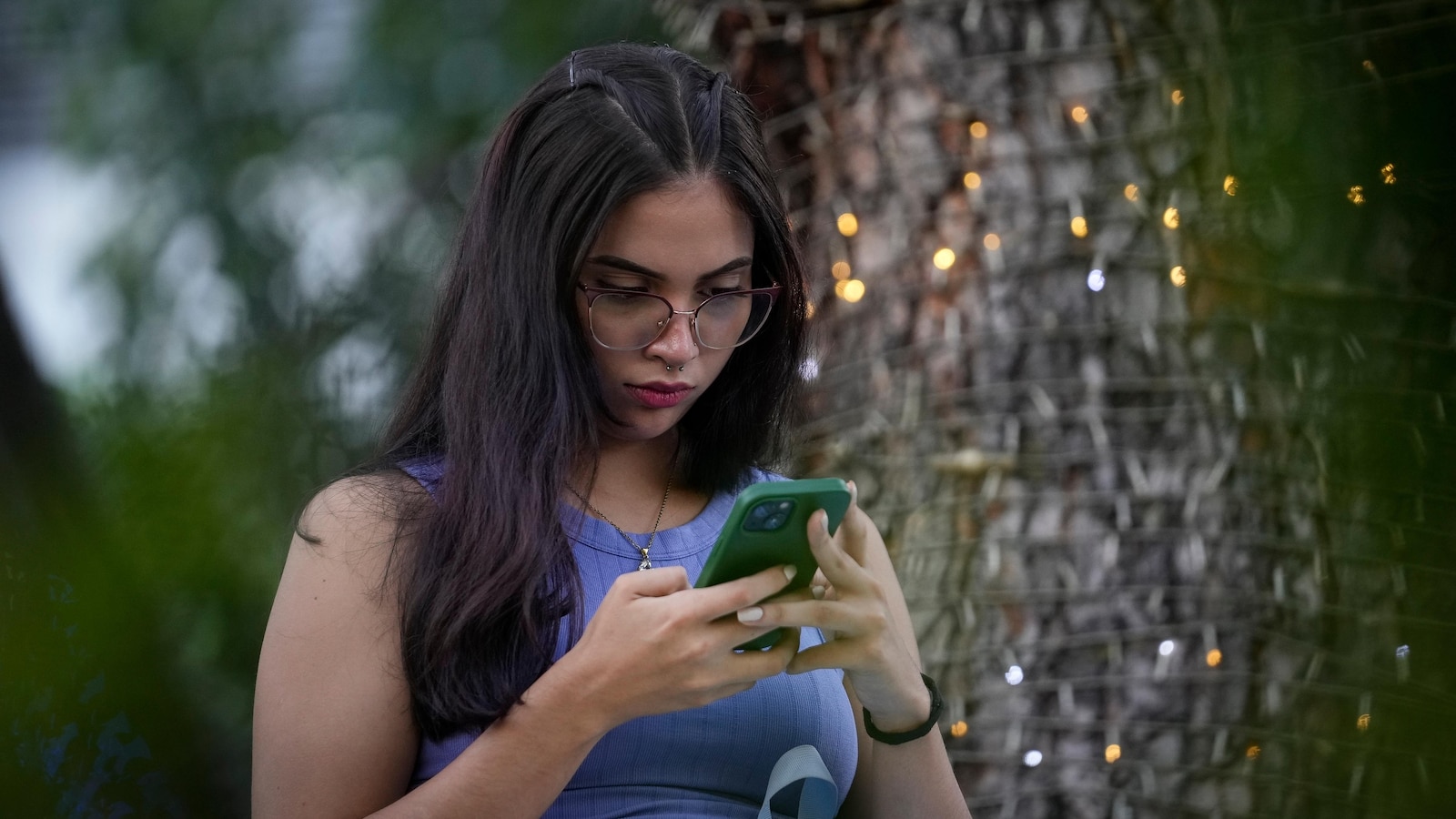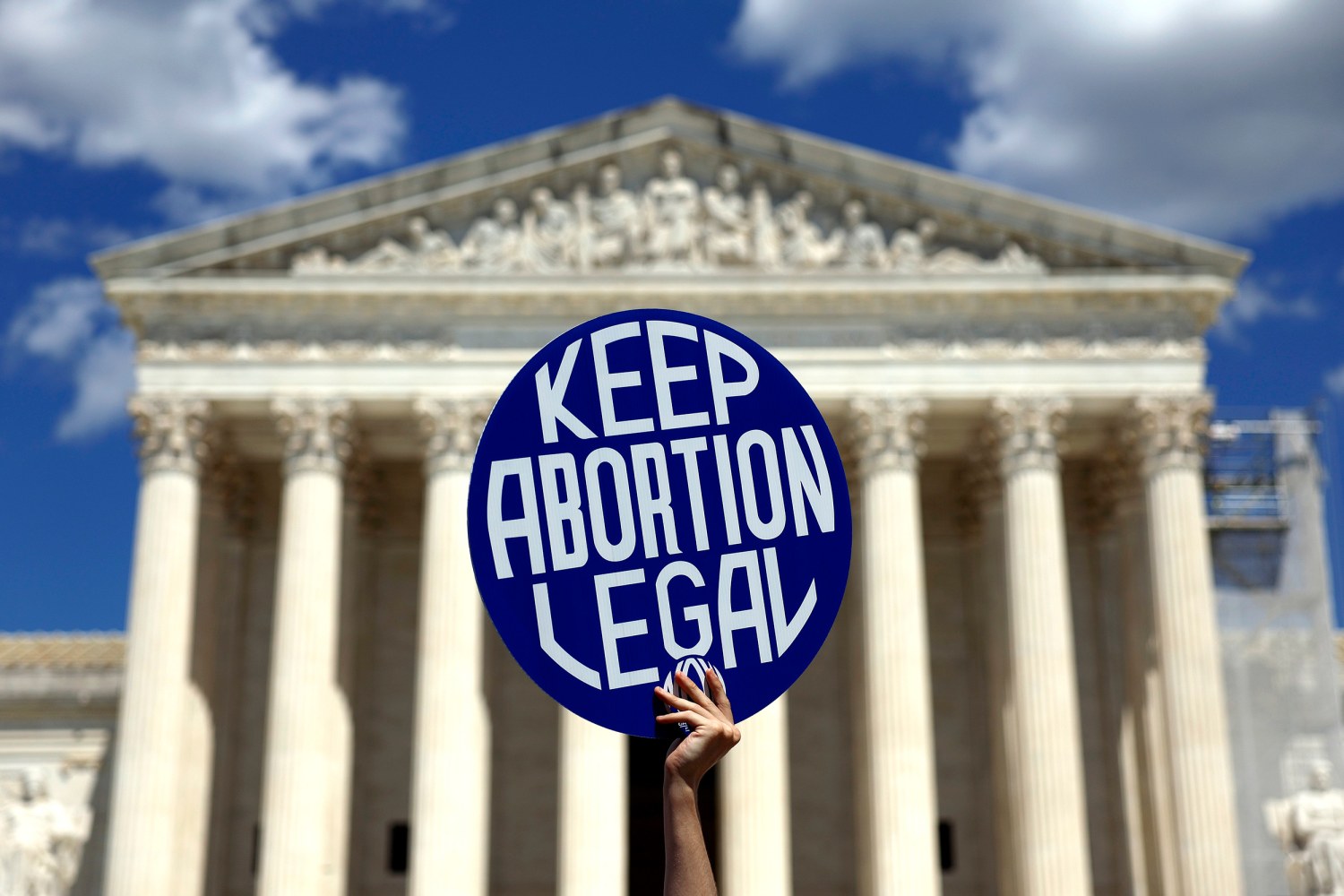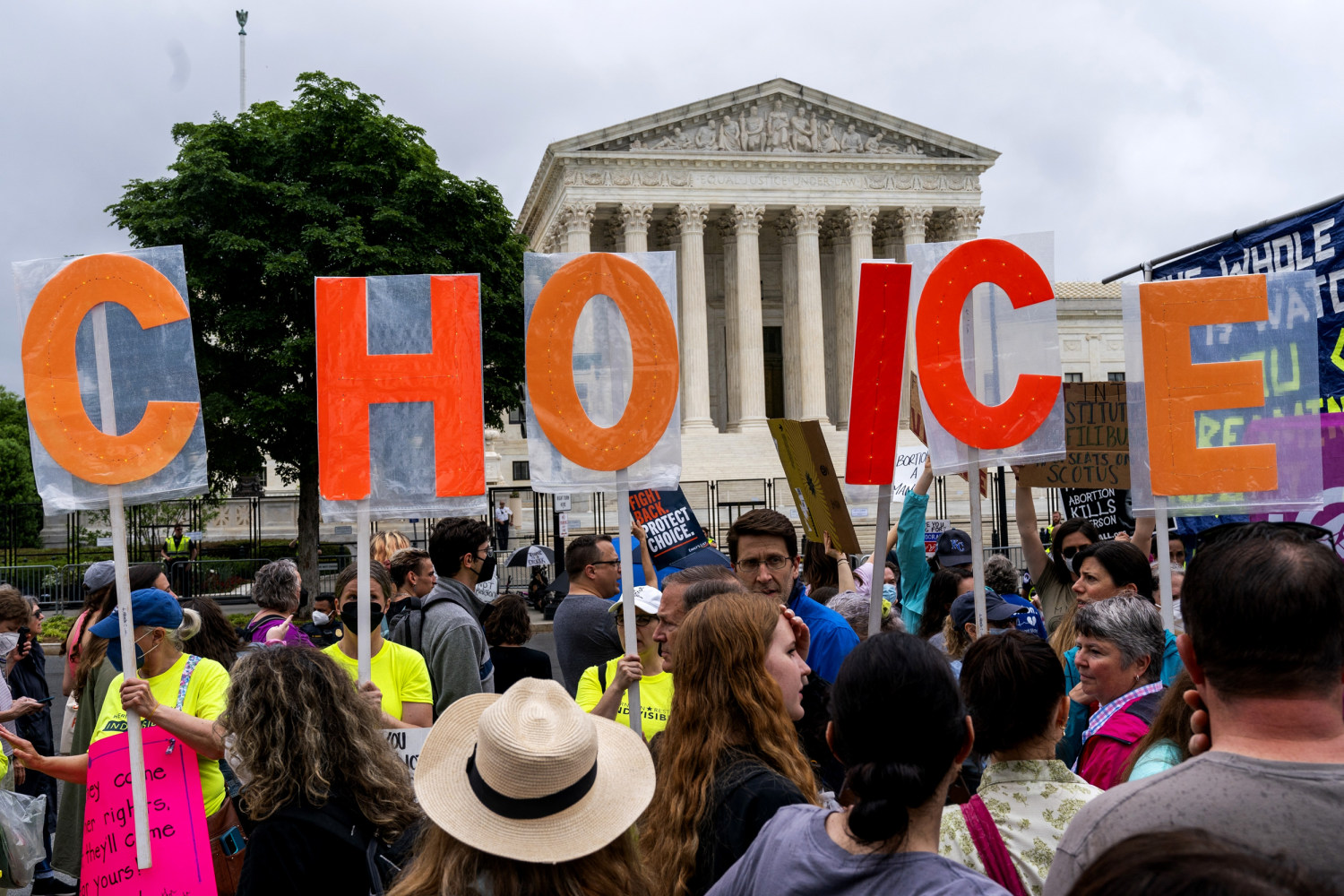Maduro’s Censorship Crackdown
Venezuela’s President Nicolás Maduro is attempting the impossible: steering his country away from popular messaging platforms WhatsApp and X.
Amid mounting pressure to substantiate his claim to victory in the recent presidential election, Maduro has launched a series of efforts to suppress information sharing among Venezuelans who question his legitimacy.
X and WhatsApp in the Crosshairs
Maduro’s latest move is a 10-day ban on X, accusing the social media giant of promoting hatred and being a tool for political unrest. He has given X 10 days to “present their documents,” but has provided no further explanation.
Earlier this week, Maduro also targeted WhatsApp, publicly deleting the app from his phone and urging supporters to switch to Telegram. WhatsApp plays a crucial role in Venezuelan daily life, serving not only as a messenger but also as a platform for conducting business, scheduling appointments, and organizing political activities.
Escalating Censorship
Maduro’s crackdown on social media is an escalation of a censorship campaign that began years ago. Telecommunications expert Fran Monroy notes that traditional news broadcasts in Venezuela have become unreliable, leading to the rise of YouTube channels and messaging platforms as sources of information.
The move to block X, in particular, is seen as a strategic attempt to limit outside observation and communication as Maduro faces growing opposition and international scrutiny.
Repression and Control
Maduro’s actions reflect a shift towards increased repression as his support dwindles. With traditional methods of propaganda failing to mobilize support, he is resorting to censorship and force to maintain control.
The ban on X and the attack on WhatsApp are aimed at silencing dissent and preventing Venezuelans from sharing information about the country’s deteriorating situation.
Impact on Venezuelans
The impact of these bans extends far beyond social media platforms. They disrupt daily life, hinder communication, and limit access to information for ordinary Venezuelans.
Citizens like Horacio Melendez, who use X to stay informed, are left skeptical of the government’s motives and concerned about the consequences of the ban.
Conclusion
Maduro’s censorship campaign is a desperate attempt to cling to power amidst widespread doubts about his legitimacy. It is a betrayal of democratic principles and a violation of the rights of Venezuelans to access information and freely express their views.
The international community must unequivocally condemn these actions and demand that Maduro respect the fundamental rights of his people.



